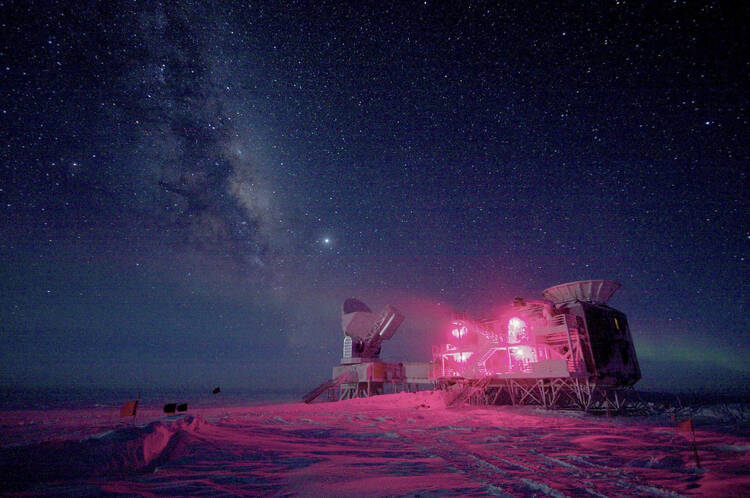The theology schools at The Catholic University of America in Washington, D.C., and the Jesuit-run Santa Clara University in California are among 10 Christian theology schools awarded grants to integrate studies in hard sciences into their theological curricula.
The grants, called “Science for Seminaries,” were announced Oct. 9 by the American Association for the Advancement of Science and supported by funds from the John Templeton Foundation.
Father Shawn McKnight, head of the U.S. bishops’ Secretariat for Clergy, Consecrated Life and Vocations, said the movement to bring science and religion together is a natural for the Catholic Church.
“The John Templeton Foundation seeks to have major religions incorporate hard sciences, such as chemistry and physics, into the big questions of life. Bringing religion and science together is a very Catholic notion. The goal here is to bring hard sciences into theological formation of the seminarians, to provide good answers to major questions such as where did we come from, how did we get here, where do we find ourselves in the universe and where are we going.”
“Those fields were developed by the monastic university system along with art and literature as ways to come to know God,” McKnight added in an interview with America.
According to C.U.A. materials, “the CUA School of theology and Religious Studies will develop science content to be incorporated into its master of divinity curriculum.
“The intention is to create a scientific conversation across a broad set of courses, both core curriculum and electives that will help develop seminarians who can address scientific questions and issues as they begin their pastoral ministry.”
The project’s lead faculty, Msgr. Kevin Irwin and Professors David Bosworth and Robert Miller also “will serve as coaches to other faculty as part of a school-based Science in the Curriculum team, with the responsibility of creating an environment in the school where science topics are explored and pedagogical opportunities are realized,” C.U.A. said.
The Jesuit School of Theology at Santa Clara University said the goal of its project “is to build an appreciation of the natural sciences into the cultural of the school through curriculum, student participation, and a series of workshops. The principal activity will be to include units of physical science in six-to-nine theology courses per year. In support of this work, JST will offer workshops on basic science themes and curriculum development to support the new units.”








